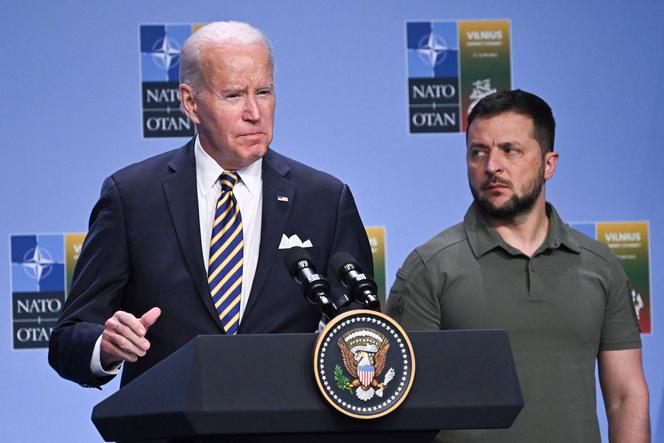


One of the striking contrasts between the Biden administration and its predecessor lies in its disciplined communication. Over the past two and a half years, uncontrolled leaks have been rare, and anonymous statements have often been coordinated at the highest level to convey messages. The series of articles in the American press since early August, claiming to represent government officials' dissatisfaction and criticism of the Ukrainian counter-offensive against the Russian army, has been notably unexpected.
Civil-military divergence? The Biden administration maintains its firm support for Kyiv, despite the likely prospect of a third year of conflict. The November 2024 US presidential election is already looming, prompting understandable anxiety. Winter is likely to slow or halt the Ukrainian push south, despite recent advances around the villages of Robotyne and Verbove, and the breakthrough of the Russian first line of defense. The risk of a prolonged accordion conflict, with pushes in both directions, seems high. Some experts do not rule out the possibility of a major Russian offensive towards the Kharkiv region, taken over by the Ukrainians in 2022.
"The Ukrainians are currently facing one of the most complex defensive networks we have seen in decades," said Dara Massicot, a senior policy researcher at the RAND Corporation, which is close to defense circles. "The US army has little experience in this area, and no air superiority." On August 22, National Security Advisor Jake Sullivan called on commentators to show a certain "level of humility" when assessing Ukrainian operations. Indeed, the US military has no recent experience in a comparable theater of operations, with trenches and fortified defenses dug and constructed by a well-supplied adversary's regular army. The counter-insurgency model – if we can call it a model, given the long-term results – applied in Afghanistan and Iraq is of no use here.
Emphasizing the "dynamics" of such a conflict, Sullivan refused to call it a stalemate. The advisor stressed that the current maneuvers were based on Ukraine's "sovereign decisions," thus rejecting the notion of a form of co-production that would link the Biden administration to the absence of massive territorial gains. The National Security Advisor remains optimistic that the US commitment will endure, despite growing resistance in Congress, especially among Trump-aligned representatives in the House of Representatives. "We believe that the support will be there and will be sustained even if there are some dissident voices on the other side of the aisle. We believe that at the core, there is still a strong bipartisan foundation of support for our Ukraine policy and for supporting and defending Ukraine."
You have 65.59% of this article left to read. The rest is for subscribers only.
